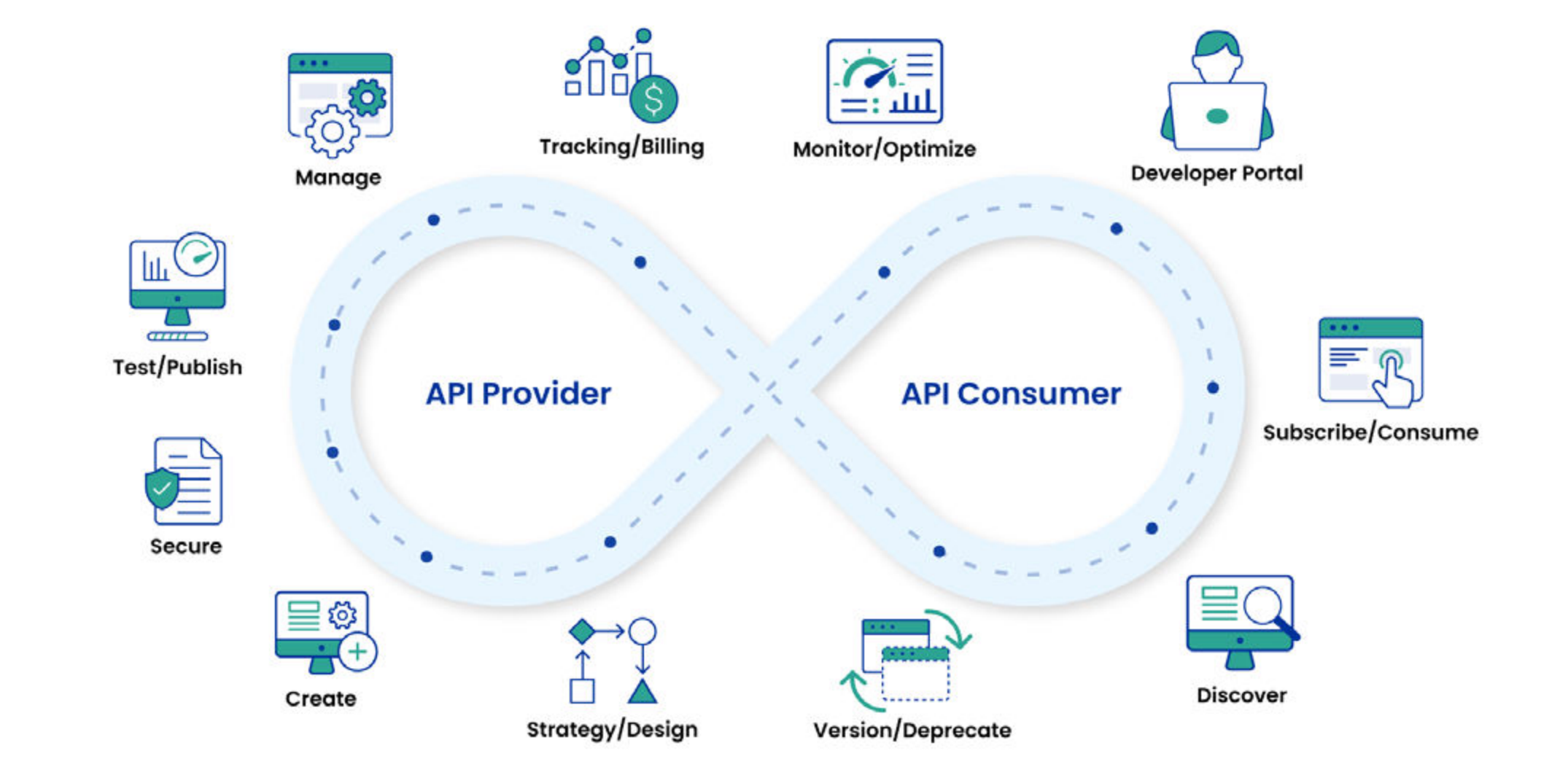Essential API Management Tools for Scaling Your Digital Infrastructure?
As businesses grow, their digital infrastructure becomes more complex. APIs play a key role in connecting systems, applications, and services, but managing them efficiently is crucial to ensure security, performance, and scalability. Without proper management, businesses may face challenges like security vulnerabilities, system failures, and integration issues.
This is where API management tools come in. These tools help businesses monitor, secure, and scale their APIs, ensuring smooth operations and optimized performance. In this article, we’ll explore the essential features of these tools, the top options available, and how to choose the right one for your needs.
Key Features of Effective API Management Tools
To handle the growing demands of modern businesses, API management tools must offer several essential features:
1. Scalability
APIs must support increasing traffic without compromising speed. Scalable API management ensures that applications remain responsive, even as demand rises.
2. Security and Access Control
Security is a top priority. API gateways protect APIs with authentication mechanisms like OAuth, API keys, and JSON Web Tokens (JWT). These features prevent unauthorized access and safeguard sensitive data.
3. Monitoring and Analytics
Real-time tracking helps businesses monitor API performance, detect failures, and optimize response times. Tools with built-in analytics provide insights into API usage, error rates, and potential bottlenecks.
4. Automation and Integration
Efficient API management requires automation for tasks like version control, policy enforcement, and deployment. Seamless integration with DevOps pipelines, CI/CD workflows, and third-party applications ensures smooth operations.
5. Governance and Compliance
Regulatory requirements vary across industries. API management platforms help organizations enforce governance policies, maintain version control, and ensure compliance with data protection laws.
How to Choose the Right API Management Tool
Selecting the best API management tool depends on several factors:
1. Business Needs and Growth
Startups may benefit from open-source solutions like Kong, while enterprises needing advanced monitoring and security may opt for Apigee or AWS API Gateway.
2. Cost and Pricing Models
API management tools come with different pricing structures. Some offer subscription-based models, while others charge per API call. Understanding costs beforehand helps businesses choose a budget-friendly option.
3. Integration with Existing Systems
APIs interact with various platforms, databases, and applications. The selected tool should seamlessly integrate with your existing infrastructure and DevOps workflows.
4. Security and Compliance
Industries handling sensitive data, such as healthcare and finance, must prioritize tools with robust security features and compliance with regulations like GDPR and HIPAA.
5. Ease of Use and Customization
User-friendly interfaces, low-code deployment, and customization options simplify API management. Businesses should choose a tool that aligns with their technical expertise and operational needs.
Conclusion
Selecting the right API management tools is essential for businesses aiming to scale their digital infrastructure efficiently. These tools help manage API traffic, ensure security, and optimize performance, allowing seamless integration across platforms.
When choosing an API management solution, businesses should consider their scalability needs, security requirements, integration capabilities, and pricing. By investing in the right tool, organizations can improve operational efficiency and support long-term growth.














Post Comment